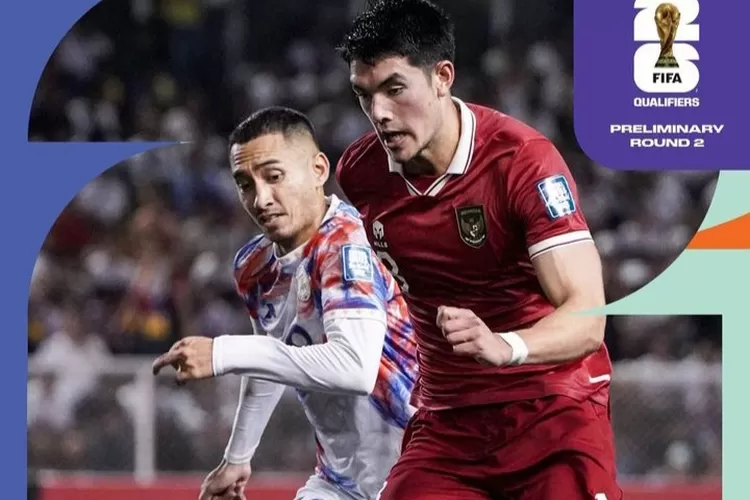

alpine8848.com, Jakarta – Welcome to the exciting world of ride-hailing in Indonesia, where giants like Grab and Gojek are constantly shaping the way we move around cities. Today, we dive into a hot topic that has been buzzing across the archipelago – the THR appeal for Ojol (online motorcycle taxi drivers). Let’s uncover why Grab is stepping up to support this cause and what it means for the future of ride-hailing services in Indonesia. Curious? Keep reading!
The Background of the THR Appeal
The background of the THR appeal for Ojol stems from the long-standing issue of fair compensation for ride-hailing drivers in Indonesia. Ojol, or online motorcycle taxi drivers, have been advocating for their right to receive a holiday allowance known as THR (Tunjangan Hari Raya). This appeal is crucial to ensure that these hardworking drivers are fairly compensated during festive seasons.
In 2024, the Indonesian government mandated that ride-hailing companies like Grab and Gojek provide THR to their driver-partners. However, there have been discrepancies in how these companies implement and distribute this benefit. Many Ojol drivers have voiced their concerns over not receiving the full amount or any THR at all. This has sparked a wave of support from various stakeholders, including Grab, who are standing by Ojol in their fight for fair compensation. The ongoing appeal highlights the importance of upholding labor rights and ensuring that gig workers are treated fairly in the ever-evolving digital economy landscape.
Why Grab is Supporting Ojol’s Fight for THR
Grab’s decision to support Ojol’s fight for THR (Tunjangan Hari Raya) stems from a deep commitment to fair treatment of all stakeholders in the ride-hailing industry. As one of the leading players in the Indonesian market, Grab understands the importance of standing up for drivers’ rights and welfare.
By backing Ojol in their appeal for better compensation during peak seasons like Idul Fitri, Grab is sending a powerful message about corporate responsibility and solidarity within the sector. This move not only benefits drivers but also showcases Grab’s dedication to fostering positive relationships with its driver-partners.
Supporting Ojol’s cause demonstrates Grab’s willingness to advocate for industry-wide improvements that can enhance working conditions and ultimately elevate standards across all ride-hailing companies operating in Indonesia. It highlights Grab’s proactive approach towards addressing key issues impacting drivers and passengers alike.
Impact on the Ride-Hailing Industry
The THR appeal for Ojol has sent ripples through the Indonesian ride-hailing industry, challenging the status quo and raising crucial questions about fair compensation for drivers. Grab’s vocal support of Ojol in this fight showcases a shift towards prioritizing driver welfare in an increasingly competitive market. As one of the leading players in the industry, Grab’s stance on this issue sets a significant precedent for other companies to consider their treatment of drivers. The outcome of this appeal could potentially reshape how ride-hailing services operate and interact with their workforce moving forward.
Drivers and passengers alike are closely watching how this situation unfolds, as it may directly impact their experiences using these services. The solidarity shown by Grab towards Ojol highlights a growing awareness within the industry regarding labor rights and fair remuneration practices. Government responses to the THR appeal will also be pivotal in determining the future landscape of ride-hailing companies in Indonesia. Stay tuned as developments unfold, shaping the trajectory of Ojol and its counterparts in 2024.
Feedback from Drivers and Passengers
Grab’s decision to support Ojol in their fight for the THR appeal has sparked various reactions from both drivers and passengers within the ride-hailing industry. Many drivers have expressed their gratitude towards Grab for standing up for their rights and advocating for fair compensation. Passengers, on the other hand, have shown overwhelming support for Ojol’s cause, recognizing the importance of ensuring that drivers receive adequate benefits and incentives.
Drivers have shared stories of how earning a decent income through platforms like Grab is crucial to supporting their families and livelihoods. Their voices are essential in highlighting the challenges they face daily and emphasizing the need for fair treatment. Passengers have also voiced their appreciation for drivers’ hard work and dedication, showcasing a mutual respect between both parties.
The feedback from drivers and passengers underscores the significance of addressing issues related to fair pay and working conditions within the ride-hailing industry. It sheds light on the interconnectedness between service providers and consumers, illustrating a shared interest in fostering a sustainable ecosystem where everyone can thrive together.
Government Response and Current Status of the Appeal
Following the uproar in the ride-hailing industry, the Indonesian government has been prompted to address the issue of fair compensation for online motorcycle taxi drivers. As Grab and Gojek continue their fight for a fair deal, authorities are under pressure to reassess existing regulations.
The current status of the appeal remains uncertain as both parties engage in negotiations and legal proceedings. The government’s response will play a crucial role in shaping the future of Ojol and other ride-hailing companies operating in Indonesia.
While some officials have expressed support for Ojol’s demands, others emphasize the need to balance economic interests with labor rights. The outcome of this debate could have significant implications for the gig economy in Indonesia and beyond. Stay tuned as we await further developments on this pressing issue!
Conclusion: The Future of Ojol and Ride-Hailing Companies in Indonesia
As Grab continues to support Ojol in their fight for fair compensation, the future of ride-hailing companies in Indonesia remains uncertain. The outcome of the THR appeal will not only impact Ojol but also set a precedent for how other players in the industry handle similar issues. It is evident that drivers and passengers play a crucial role in shaping the landscape of ride-hailing services. Their feedback and demands will influence how companies like Grab navigate challenges related to financial obligations and worker welfare.
The government’s response to this appeal will also be pivotal in determining the direction of regulations governing ride-hailing platforms moving forward. As we look towards 2024, it is clear that sustainable solutions must be found to ensure a balanced ecosystem where both drivers and companies can thrive. The ongoing dialogue between stakeholders, including governments, companies, drivers, and passengers, will be essential in shaping a more equitable future for Ojol and all ride-hailing entities operating in Indonesia. Only through collaboration and understanding can we build a sustainable model that benefits everyone involved.







